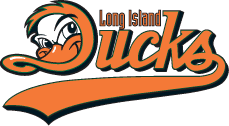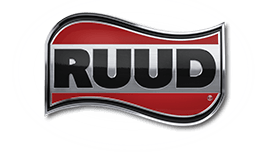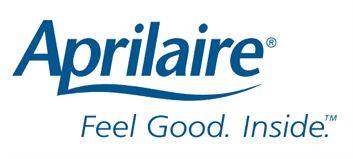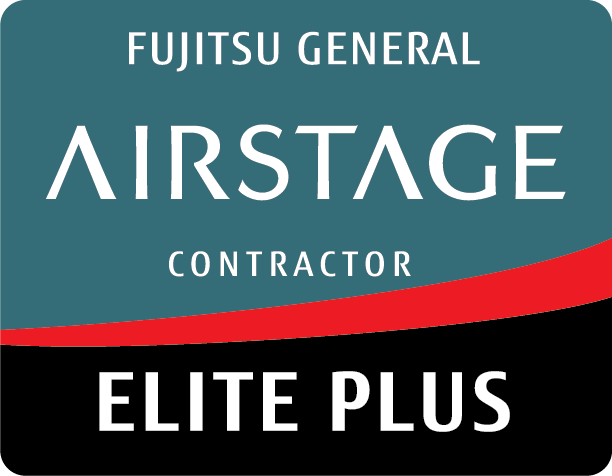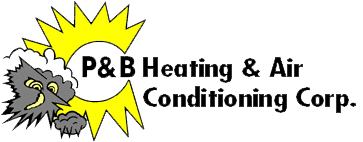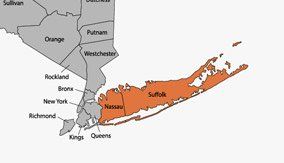Importance of HVAC Service Contracts
We offer Service contracts on new and existing systems, residential and commercial for Gas, electric and hydronic heat as well as central air systems and Mini splits. We also provide maintenance for humidifiers air purifiers and heat pumps.
Do you suspect that your home may be having heating or ventilation problems? Whether you are experiencing issues, learning to identify common problems in your HVAC system can help you be more proactive to your home's climate control needs. Here are 6 reasons why a service contract is a good investment in your system;
1. Refrigerant Leak
Air conditioning systems use refrigerant to absorb heat and provide your system with cooled air. The refrigerant lines run between the compressor in the outside unit and the evaporator coils in the indoor unit. A leak in this line would cause a loss of refrigerant which could have a negative impact on your system. It will start running more frequently because it isn’t reaching the cooled ambient temperature that would trigger it to stop. This could cause your compressor to overheat or even burn out. Ice buildup on your lines and coils could cause system damage as well.
Signs of a refrigerant leak may include:
· The air coming from the vents isn’t as cool as it should be.
· The system is overrunning.
· Ice buildup on refrigerant lines.
· Refrigerant lines are hissing.
Routine checks of your coils, refrigerant lines and compressor can help spot a leak before it causes damage to your system and in some cases prevent a leak before it starts. If you suspect a leak, you can use refrigerant leak detection to help identify the source before it worsens.
2. Clogged Drain Lines
Air conditioning units build drain lines into the system to drain off water from the evaporator coil. Water can accumulate from the condensation that occurs naturally by the air conditioning process. Sometimes these drain lines can become clogged or blocked, which can cause a water backup into or around your system. A backup could mean serious water damage, especially if the clog goes unchecked for a long time. This isn’t just water damage to your system, but water damage to your home as well.
Signs of a clogged drain line may include:
· Water leaking from indoor unit.
· Dampness in the air.
· Mold or rust on or near the unit.
· Inspect your drain pan and the area around your indoor unit on a monthly basis. Annual flushing of the drain may help prevent clogs before they begin and help keep your system running properly.
3. Decreased Airflow
Common ventilation problem
are often found in the air ducts. Items creating blockages in your facility’s ductwork will prevent your heated or cooled air from distributing properly throughout the home.
Causes of blockages in ducts include loose or fallen insulation and dirty coils and filters. Ducts can also become damaged and leak conditioned air into the attic, making the system less effective overall. It is also possible for your vents to become blocked. Blockages are often caused by a piece of furniture or equipment being placed on or in front of the vent, though it is possible for debris to get stuck in the vents and cause an obstruction as well.
Signs of duct problems may include:
· Uneven temperatures in your home.
· Unit running more than usual.
· Lower overall indoor air quality.
Before turning on your system, check your vent locations to make sure they are clear of obstructions.
4 Electrical Issues
If your system is not running, it could be that there is an interruption in the electrical system somewhere. The first place to check is always your breaker; it’s very possible your unit has blown a fuse. All indoor units have a service switch, be sure the switch has not been accidentally turned off. Contactors are also a frequent culprit for electrical problems. Sometimes the contactor may stick, keeping the unit running. Contactors can also become worn, which can prevent electrical connections from being made and the current from making its full circuit.
Signs of an electrical problem may include:
· System not turning on.
· System running continuously.
·
Routine maintenance of your electrical components can help prevent electrical problems. It’s important to regularly maintain and have an annual inspection of your system. Changing out worn parts and frayed or damaged wires will keep your system running properly.
5. Gas Leak
Of all heating problems, a gas leak can be the most dangerous. If your heating system runs on natural gas, you can be at risk of a gas leak. Leaks are usually caused by a crack or a break in the gas line. These should always be taken seriously and fixed immediately; gas leaks can and do cause explosions.
Signs of a gas leak may include:
· Smell of gas or rotting egg
If you do smell gas, Open windows to ventilate the area, leave the house immediately, and call National grid to report a gas leak.
PSE&G Emergency Hotline at 1-800-490-0075, available 24 hours / 7 days. .
6. Save money on repairs
All our maintence plans start with a pre season checkout of the system, helping us to identify small issues before they can become big ones. No labor charges for breakdowns during the term of the plan. Priorty service over non contract customers.
Preventive HVAC Maintenance Contracts
Have your system inspected annually, to make sure it is in its best running condition so you can make any necessary upgrades without causing an interruption in your homes’ climate-control needs.
Preventive maintenance can help the system achieve maximun efficiency, and as well as help you avoid replaceing your HVAC system before it's necessary.
Call today for more information. Contract customers receive a 5% discount on any equipment replacement during the effective period of the plan*. In addition all service contract customers are entered into a monthly drawing to win a family four pack of tickets to see the long Island Ducks.
(one winner per month May-September)
